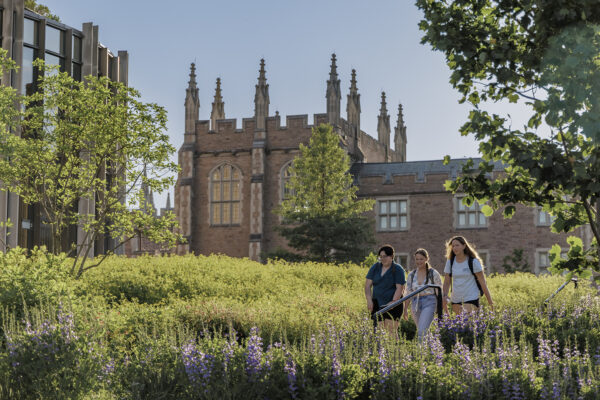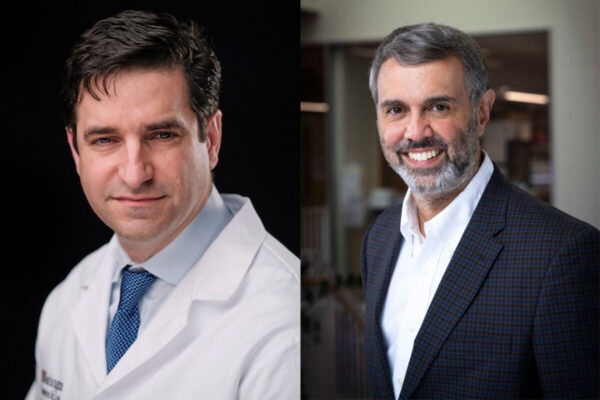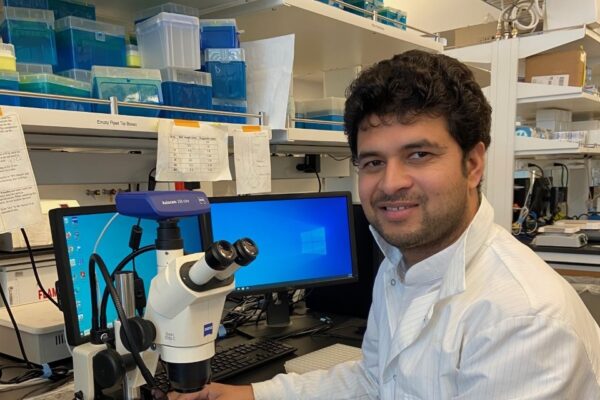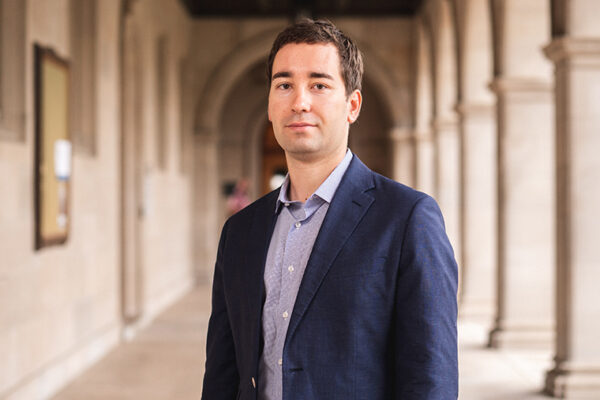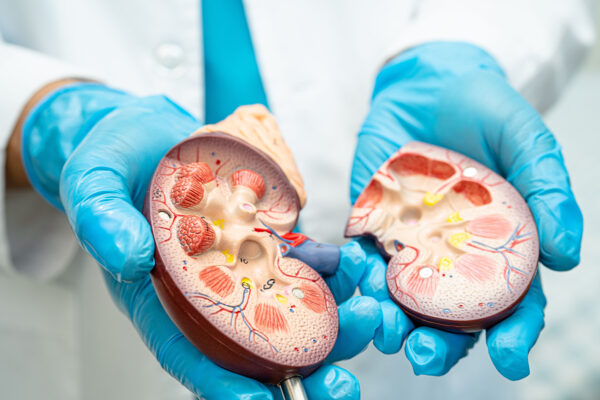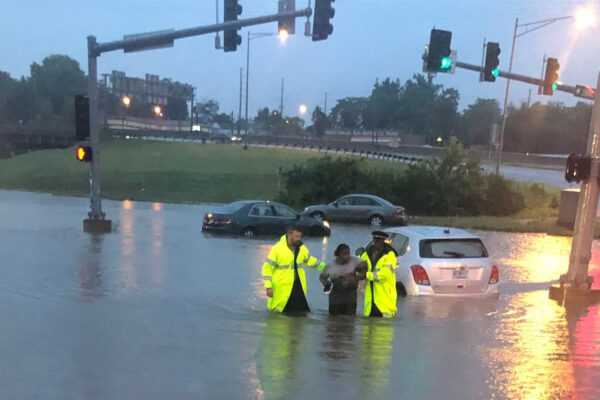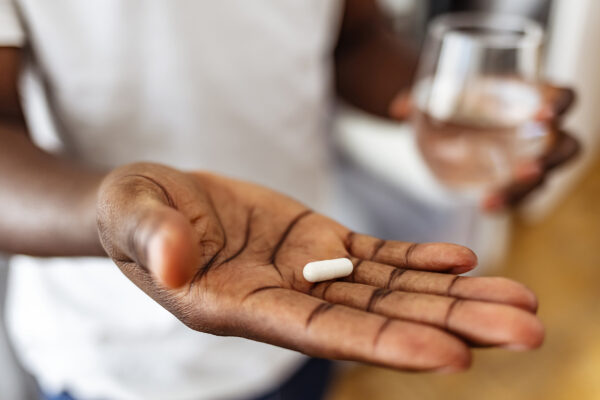Can social media be good for mental health?
Researchers at Washington University study the upside to staying social online.
Inspired by nature
Faculty at WashU follow the natural world for inspiration and ideas for innovative and “wild” solutions.
Leuthardt, Mitra selected as AIMBE fellows
WashU Medicine’s Eric C. Leuthardt, MD, and Robi Mitra, PhD, have been named fellows of the American Institute for Medical and Biological Engineering.
Study to explore influence of estrogen on aortic aneurysm progression
Researchers at the McKelvey School of Engineering will investigate the effect of estrogen on thoracic aortic aneurysm development and develop patient-specific biomarkers to manage the disease.
How to (theoretically) spot an alien
Physicist Mikhail Tikhonov in Arts & Sciences proposes an outside-the-box idea for detecting alien biology. His new study is published in Nature Communications.
Harnessing mechanobiology to combat kidney disease
Researchers at Washington University have received a $4 million grant to study specialized cells that could help treat kidney disease.
Electrochemical method supports nitrogen circular economy
A new approach developed by researchers at Washington University converts nitrogen waste into a valuable chemical product.
What makes a 1-in-1000-year storm, really?
Thunderstorms that swept the central U.S. in 2022 were unprecedented, but their extreme precipitation may not be that rare — especially with global warming, according to a new analysis from researchers in Arts & Sciences.
In molecular imaging, details matter
Microscopy researchers at Washington University developed a new method to improve precision in molecular imaging.
Machine learning could help predict adherence to HIV treatment
Researchers at Washington University use data science to improve adolescent compliance with HIV treatments in low-resource areas.
Older Stories

